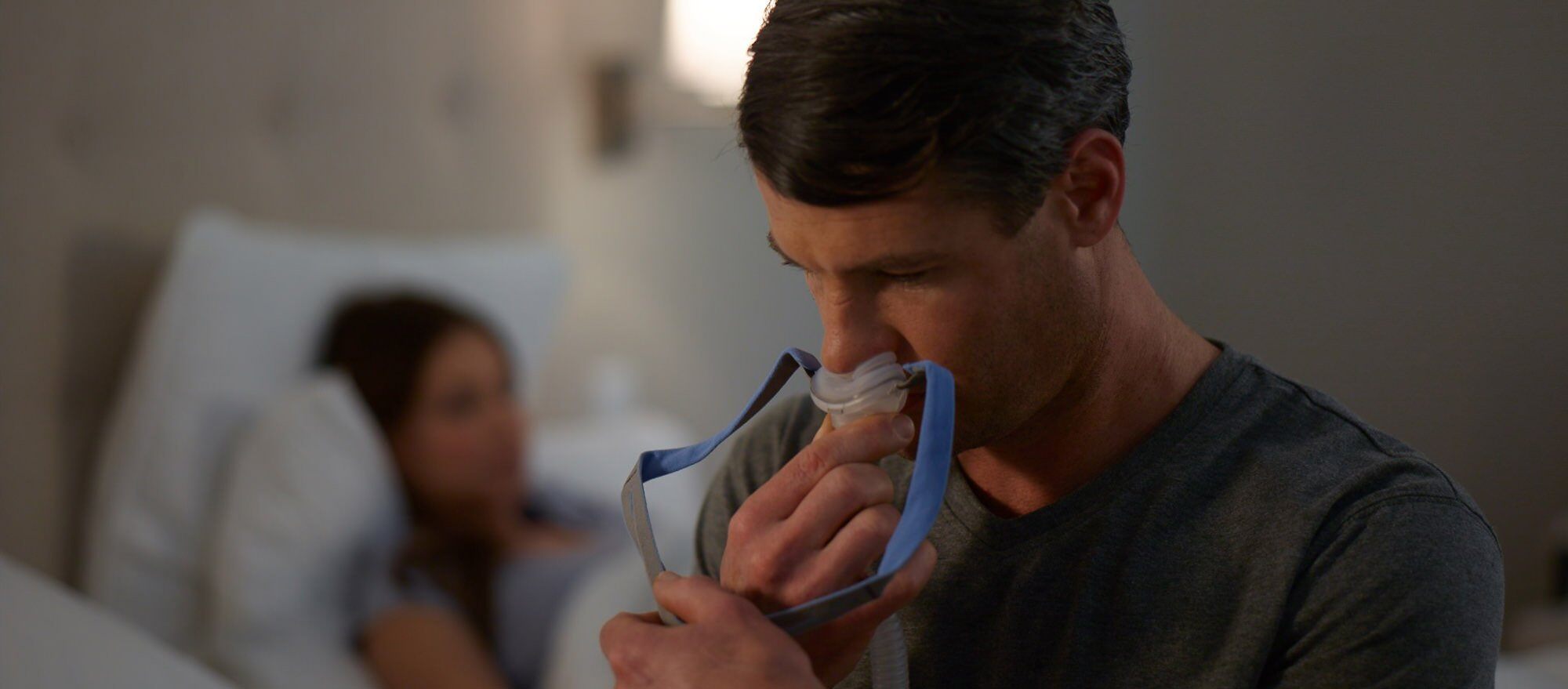Do you think you can scrape by on a little bit of sleep before trying to make up for it with a super nap?
You might feel better when you restore some sleep debt, but how much lost sleep is too much before it begins to have a real impact?
On average most adults need to clock up at least seven to nine hours sleep each night1.
Having said that, sleep needs also vary from person to person and can even be influenced by your genetics. There are also cultural, environmental and behavioural factors that influence when and how much we sleep – consider a siesta for example2!
With so many fluctuating factors around how much sleep we receive, what happens if you seem to be running on empty more often than not?
How familiar are you with your own sleeping habits?
Are you an early bird or a night owl?
It’s never been easier to be a night owl and perhaps not get enough sleep. There’s the temptation of lying in bed being distracted by your smartphone or even the true time zapper of a Netflix binge.
Or perhaps you hit the hay early? A recent survey of 20 countries found New Zealander's typically squeeze in eight hours and four minutes sleep each night – the second most sleep time of the countries researched3.
No matter what your sleeping habit, your body still needs a certain amount of sleep in order to function properly.
So the question isn’t how long you are sleeping - or more specifically at what time of day - but more so, how much sleep you actually need.
According to the snooze specialists at The National Sleep Foundation, in order to maintain optimum health, we need to be clocking up at least seven hours sleep and no more than nine hours4.
While you might think that you can catch up on your missed sleep on the weekends with no major side effects, losing 30 minutes of sleep during the week can really stack up – and even lead to some serious problems in the long term.
8 Ways to Sleep Better Ebook
Don't let sleeplessness stop you from leading a healthy, productive life. Download the copy of our 8 ways to sleep better ebook and find out how you can improve your sleep health.
How can sleep debt impact me?
Sleep debt can really add up and the consequences aren’t pretty – a lack of sleep puts you at risk of a host of health issues such as growing risk for weight gain, diabetes, heart disease, stroke and memory loss. In some cases, sleep debt results from insomnia or other underlying conditions that may require medical attention5.
Not only are these health problems increased, but as sleep debt increases, a person’s performance, decision making and reaction times can also be impacted in the long run6.
Our top tips to help you fall asleep – fast
If you’re finding it difficult to fall asleep, try the following tips:
- Take a hot bath.
Ah, now doesn’t that sound relaxing? Light a candle, grab a good book and slip into a warm space where your body is encouraged to soak in peace. A hot water bath is thought to help you get a good night’s sleep because it relaxes your body and mind by slightly raising your body temperature and then dropping it after 15 minutes. Indirectly, this can help you feel drowsy, thus, promoting sleep7! - Try a yoga class.
While there might not be a sleep study which suggests yogi’s get better rest, there is plenty of evidence to back up how good exercise is for improving and maintaining your physical and emotional health. Research has found people who exercise report that their sleep improves as well as experiencing fewer depressive symptoms, more of a zest for life and less sleepiness during the day8. When you’re making an effort to get in shape and shake the stress of everyday life away by moving more, your sleep cycle can be a naturally beneficiary. - Get out of bed.
We’re not talking about giving up on trying to fall asleep altogether – we mean hit the restart button on your sleep session. If you’re wide awake and your mind is going a million miles per hour, try this trick. Get out of bed and focus on something else – just make sure it’s not starting at bright lights like a TV or a smartphone.
There are some other steps you can take to help sleep more, such as cutting down on your caffeine intake, quitting smoking or trying to sleep with background some white noise in your bedroom9.
If these tips don’t have an impact and you believe that a little sleep debt might be manageable for the time being, consider that it can escalate quickly and become a long-term health issue if not properly addressed.
If you’ve tried these tips and you are still waking up feeling unrefreshed, take our free online sleep health assessment.
.webp?width=1158&height=143&name=Combined%20logo%20-%20Ecom%20Main%20300x200%20(1).webp)





